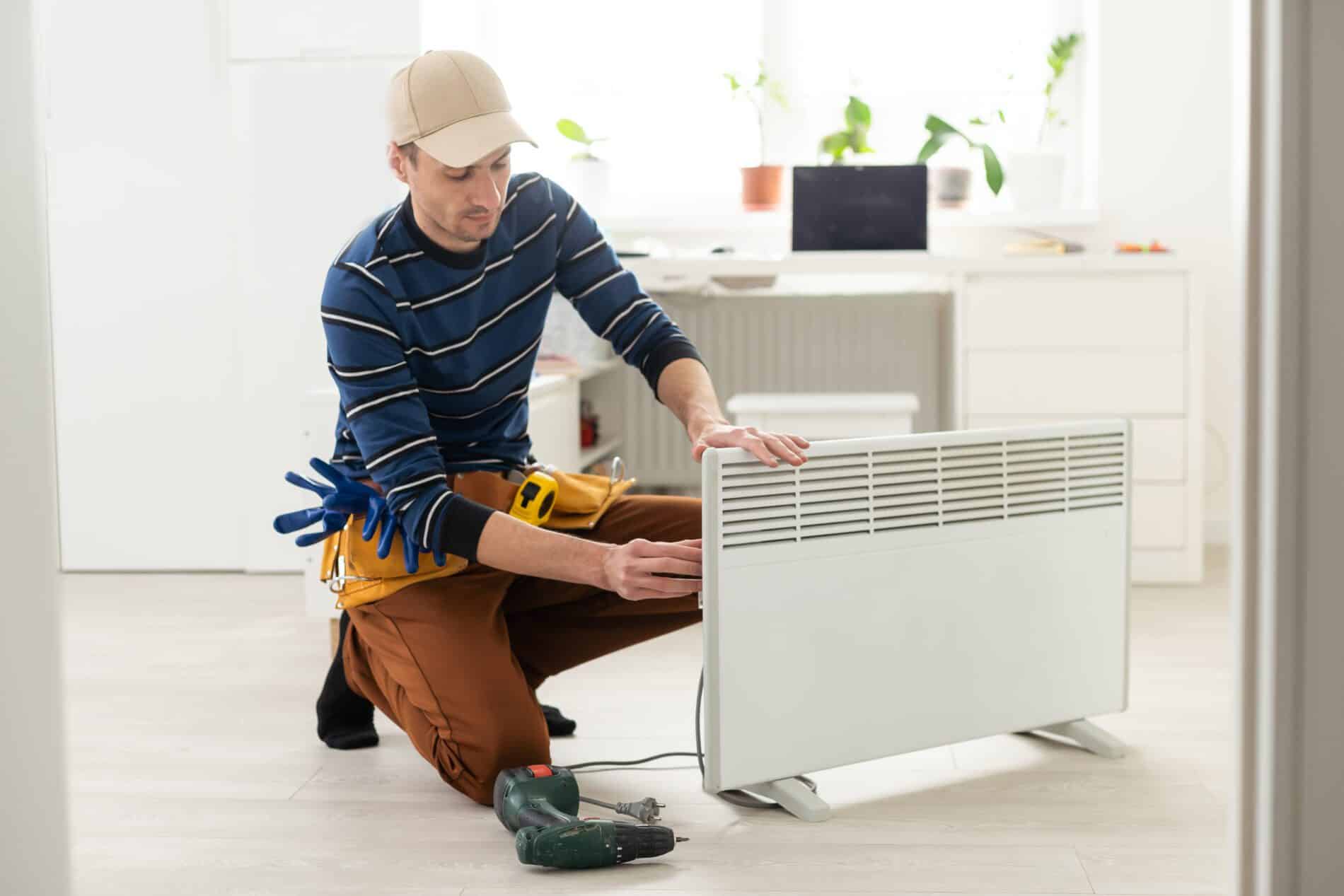What To Do For Common Heater Malfunctions
What To Do For Common Heater Malfunctions
Blog Article
They are making a number of good pointers related to Common Problems with Tank Water Heaters as a whole in the content just below.

Think of beginning your day without your routine hot shower. That currently establishes a poor tone for the rest of your day.
Every house needs a reputable water heater, yet only a few understand just how to take care of one. One very easy way to keep your water heater in leading form is to check for faults consistently and repair them as soon as they appear.
Bear in mind to shut off your hot water heater prior to sniffing around for mistakes. These are the water heater faults you are most likely to experience.
Water too hot or also cool
Every hot water heater has a thermostat that determines just how warm the water obtains. If the water entering your house is too warm in spite of establishing a practical maximum temperature level, your thermostat could be malfunctioning.
On the other hand, too cold water might be due to a failed thermostat, a busted circuit, or incorrect gas flow. As an example, if you make use of a gas water heater with a busted pilot burner, you would obtain cold water, even if the thermostat is in best condition. For electrical heaters, a blown fuse may be the culprit.
Inadequate warm water
Water heaters can be found in lots of dimensions, depending on your warm water needs. If you run out of hot water before every person has actually had a bath, your water heater is as well tiny for your family size. You should think about mounting a bigger water heater tank or going with a tankless water heater, which uses up less area as well as is a lot more resilient.
Odd sounds
There go to the very least 5 sort of sounds you can speak with a hot water heater, however the most common interpretation is that it's time for the water heater to retire.
First of all, you need to be familiar with the normal appears a hot water heater makes. An electric heater might seem different from a gas-powered one.
Popping or banging audios normally imply there is a piece of sediment in your containers, and also it's time to clean it out. On the other hand, whistling or hissing audios might simply be your shutoffs letting some stress off.
Water leaks
Leakages might originate from pipelines, water connections, shutoffs, or in the worst-case situation, the storage tank itself. Over time, water will rust the tank, as well as locate its way out. If this happens, you need to replace your hot water heater immediately.
Nonetheless, before your adjustment your entire tank, make sure that all pipelines remain in place and that each valve functions completely. If you still require aid identifying a leak, call your plumber.
Rust-colored water
Rust-colored water indicates among your hot water heater parts is corroded. It could be the anode rod, or the tank itself. Your plumber will be able to recognize which it is.
Warm water
No matter how high you established the thermostat, you will not obtain any kind of warm water out of a heating system well past its prime. A water heater's effectiveness may decrease with time.
You will also obtain warm water if your pipelines have a cross link. This indicates that when you switch on a tap, warm water from the heating system streams in alongside regular, cold water. A cross link is simple to place. If your hot water taps still follow shutting the hot water heater valves, you have a cross link.
Discoloured Water
Rust is a significant reason for dirty or discoloured water. Rust within the water tank or a falling short anode pole could trigger this discolouration. The anode pole safeguards the container from rusting on the inside and also must be checked yearly. Without a pole or a correctly operating anode pole, the hot water quickly corrodes inside the container. Get in touch with an expert water heater service technician to figure out if replacing the anode rod will certainly deal with the problem; if not, replace your hot water heater.
Final thought
Ideally, your hot water heater can last ten years prior to you require a change. Nevertheless, after the 10-year mark, you might experience any of these faults much more regularly. Now, you need to include a new hot water heater to your spending plan.
How To Troubleshoot 3 Common Water Heater Problems in Twin Cities
The Water Heater Is Leaking
A leaky cold water inlet valve A loose pipe fitting A leaky temperature and pressure relief valve A corroded anode rod A cracked tank Turn Off Your Water Heater:
Shut off your gas water heater by turning the gas valve on the unit to the “OFF” position. Shut off your electric water by switching its power off at your electrical panel. Look for a two-pole breaker labeled “water heater” and turn it to the “OFF” position. Move the ball valve connected to the water heater to be perpendicular to the piping at a 90° angle. Look for the Leak:
Depending on whether the water is coming from the tank's top or bottom, you’ll want to look for the leak in different locations.
If the leak comes from the top of the tank, carefully look for water escaping from the cold water inlet valve or loose pipe fittings. Rusted hot and cold water valves can have loose connections with the tank, with water leaking out of them.
https://mspplumbingheatingair.com/blog/how-to-troubleshoot-3-common-water-heater-problems
I came across that write up about Water Heater Repair and Troubleshooting when doing a lookup on the internet. Make sure you take the time to distribute this post if you enjoyed reading it. Bless you for your time. Come back soon.
Effective fix? Call! Report this page